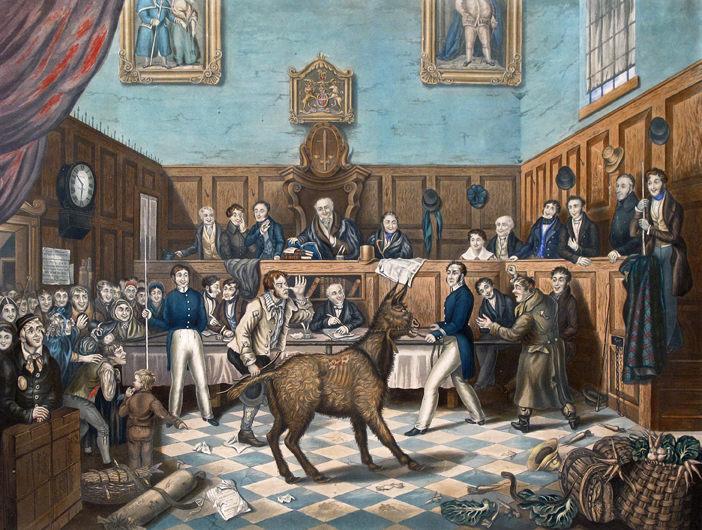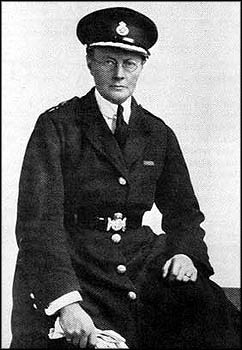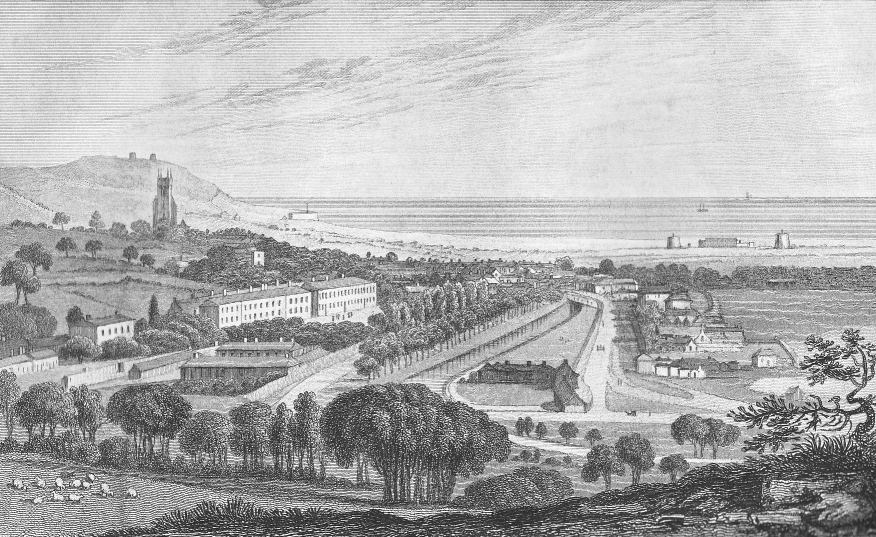|
Catherine Victoria Hall
Catherine Victoria Hall (1838 – 14 September 1924) was an English animal welfare activist. She was a co-founder and the first treasurer of the Royal Society for the Protection of Birds. She was also a supporter of the Women's Police Service and a pioneer of the Homes of Rest for Horses and Dogs at Battersea (now Battersea Dogs & Cats Home). Early life Catherine Victoria Hall was born in 1838 in Marylebone, London. Her mother was Lucy Tilden of Ifield Court near Gravesend, Kent and her father was John Robert Hall of Abbots Leigh, Somerset, a parliamentary solicitor. Her brother was Robert Gresley Hall a commercial trader in the City of London, and deputy lieutenant for Tower Hamlets. Society for the Protection of Birds Hall co-founded the group The Fur, Fin and Feather Folk in 1889 alongside Eliza Phillips, Etta Lemon, and Hannah Poland. Hall was likely the near neighbour of Phillips when they both lived in Sutton, London and they are subsequently listed at the same addre ... [...More Info...] [...Related Items...] OR: [Wikipedia] [Google] [Baidu] |
Animal Welfare
Animal welfare is the well-being of non-human animals. Formal standards of animal welfare vary between contexts, but are debated mostly by animal welfare groups, legislators, and academics. Animal welfare science uses measures such as longevity, disease, immunosuppression, behavior, physiology, and reproduction, although there is debate about which of these best indicate animal welfare. Respect for animal welfare is often based on the belief that nonhuman animals are sentient and that consideration should be given to their well-being or suffering, especially when they are under the care of humans. These concerns can include how animals are slaughtered for food, how they are used in scientific research, how they are kept (as pets, in zoos, farms, circuses, etc.), and how human activities affect the welfare and survival of wild species. There are two forms of criticism of the concept of animal welfare, coming from diametrically opposite positions. One view, held by some think ... [...More Info...] [...Related Items...] OR: [Wikipedia] [Google] [Baidu] |
Egret
Egrets ( ) are herons, generally long-legged wading birds, that have white or buff plumage, developing fine plumes (usually milky white) during the breeding season. Egrets are not a biologically distinct group from herons and have the same build. Biology Many egrets are members of the genera ''Egretta'' or '' Ardea'', which also contain other species named as herons rather than egrets. The distinction between a heron and an egret is rather vague, and depends more on appearance than biology. The word "egret" comes from the French word ''aigrette'' that means both "silver heron" and "brush", referring to the long, filamentous feathers that seem to cascade down an egret's back during the breeding season (also called "egrets"). Several of the egrets have been reclassified from one genus to another in recent years; the great egret, for example, has been classified as a member of either ''Casmerodius'', ''Egretta'', or ''Ardea''. In the 19th and early part of the 20th centuries, s ... [...More Info...] [...Related Items...] OR: [Wikipedia] [Google] [Baidu] |
1838 Births
Events January–March * January 10 – A fire destroys Lloyd's Coffee House and the Royal Exchange in London. * January 11 – At Morristown, New Jersey, Samuel Morse, Alfred Vail and Leonard Gale give the first public demonstration of Morse's new invention, the telegraph. * January 11 - A 7.5 earthquake strikes the Romanian district of Vrancea causing damage in Moldavia and Wallachia, killing 73 people. * January 21 – The first known report about the lowest temperature on Earth is made, indicating in Yakutsk. * February 6 – Boer explorer Piet Retief and 60 of his men are massacred by King Dingane kaSenzangakhona of the Zulu people, after Retief accepts an invitation to celebrate the signing of a treaty, and his men willingly disarm as a show of good faith. * February 17 – Weenen massacre: Zulu impis massacre about 532 Voortrekkers, Khoikhoi and Basuto around the site of Weenen in South Africa. * February 24 – U.S. Representatives William J. Graves of K ... [...More Info...] [...Related Items...] OR: [Wikipedia] [Google] [Baidu] |
Lympne
Lympne (), formerly also Lymne, is a village on the former shallow-gradient sea cliffs above the expansive agricultural plain of Romney Marsh in Kent. The settlement forms an L shape stretching from Port Lympne Zoo via Lympne Castle facing Lympne Industrial Park then via the main settlement to Newingreen in the north, centred west of Folkestone, west of Hythe and ESE of Ashford. History In Roman times Lympne was known as Portus Lemanis, from which (or from the British eponym of which) the English name is derived in identical written form to one of its Middle English written recorded forms. It lay at the end of the Roman road from Canterbury, known today as Stone Street. It had a Saxon Shore fort, and, according to a fifth-century source was garrisoned by a regiment originally raised in Tournai in northern Gaul. Its remains are at the bottom of the south-facing cliffs; they lie in private land and cannot be visited, though a reasonable view may be obtained fro ... [...More Info...] [...Related Items...] OR: [Wikipedia] [Google] [Baidu] |
Kentish Express
The ''Kentish Express'' is a weekly newspaper serving southern Kent. It is published in four editions - Ashford, Folkestone, Hythe and the Romney Marsh, and Tenterden. It is owned by the KM Group KM Media Group is a multimedia company in the county of Kent, England which originated as the publisher of the Kent Messenger. The Group now produces local newspapers, radio stations and websites throughout the county. Iliffe Media acquired KM ... and is published on Thursdays. History The ''Kentish Express'' was founded in 1855 as the ''Ashford and Alfred News''. The first edition was published on 14 July 1855. The paper was Kent's first penny paper after the abolition of stamp duty on newspapers in 1854. Three years later, the paper was renamed the ''Kentish Express & Ashford News''. The KM Group bought the ''Express'' in 1971. It also purchased the ''Folkestone Express'', which was renamed the ''Kentish Express'' (Folkestone) in 2008. Along with the rest of the KM-owned pap ... [...More Info...] [...Related Items...] OR: [Wikipedia] [Google] [Baidu] |
Band Of Mercy
Bands of Mercy were formal, locally led organizations that brought people—especially children and adolescents—together to learn about kindness to non-human animals. The Bands would also work to help animals and prevent cruelty in their area through humane education and direct action. Creation Modelled after the Band of Hope of the temperance movement, the first Bands of Mercy were created in 1875, by the philanthropist Catherine Smithies in Britain. The first Band of Mercy was formed at the house of Hannah Bevan. The movement had a periodical, ''Band of Mercy Advocate'' (1879–1934), which was originally edited by Smithies' son Thomas Bywater Smithies. In 1882, the Royal Society for the Prevention of Cruelty to Animals (RSPCA) assumed responsibility for organizing and promoting the Band of Mercy and its publications. The Band of Mercy movement soon spread to Australia, Canada and US. Movement to North America Following the British model, George T. Angell, founder and firs ... [...More Info...] [...Related Items...] OR: [Wikipedia] [Google] [Baidu] |
Royal Society For The Prevention Of Cruelty To Animals
The Royal Society for the Prevention of Cruelty to Animals (RSPCA) is a charity operating in England and Wales that promotes animal welfare. The RSPCA is funded primarily by voluntary donations. Founded in 1824, it is the oldest and largest animal welfare organisation in the world and is one of the largest charities in the UK. The organisation also does international outreach work across Europe, Africa and Asia. The charity's work has inspired the creation of similar groups in other jurisdictions, starting with the Ulster Society for the Prevention of Cruelty to Animals (founded in 1836), and including the Scottish Society for Prevention of Cruelty to Animals (1839), the Dublin Society for the Prevention of Cruelty to Animals (1840), the American Society for the Prevention of Cruelty to Animals (1866), the Royal New Zealand Society for the Prevention of Cruelty to Animals (1882), the Singapore Society for the Prevention of Cruelty to Animals (1959) and various groups which eve ... [...More Info...] [...Related Items...] OR: [Wikipedia] [Google] [Baidu] |
Margaret Damer Dawson
Margaret Mary Damer Dawson OBE (12 June 1873 – 18 May 1920) was a prominent anti-vivisectionist and philanthropist who co-founded the first British women's police service. Life Margaret Dawson was born on 12 June 1873 to a wealthy family in Burgess Hill and grew up in Hove. After her father, Richard Dawson, died her mother remarried, becoming Lady Walsingham. Her step-father was Thomas de Grey, 6th Baron Walsingham. Dawson had a private income and studied music with the Austrian pianist Benno Schoenberger at the London Academy of Music. She became involved in anti-vivisection and other causes and founded a home for foundlings. She was awarded silver medals by Finland and Denmark for her campaigning work for animal rights. Dawson was honorary secretary of the International Anti-Vivisection Council set up in 1908 by Lizzy Lind af Hageby, and together they organised the International Anti-Vivisection and Animal Protection Congress in London in July 1909. As Honorary Organis ... [...More Info...] [...Related Items...] OR: [Wikipedia] [Google] [Baidu] |
Mary Sophia Allen
Mary Sophia Allen OBE (12 March 1878 – 16 December 1964) was a British political activist known for her defence of women's rights in the 1910–1920s and later involvement with British fascism. She is chiefly noted as one of the early leaders of the Women's Police Volunteers. Allen repeatedly sought to challenge or modernise the existing systems of the time, ensuring the Women's Police Service could become an auxiliary force after women were admitted into certain British police forces. She stood once for the House of Commons as an Independent Liberal, turning over her Women's Auxiliary Service to breaking the General Strike of 1926. Thereafter she met and talked with European fascists and anti-communist brigades, entailing frequent trips abroad and publicly joining the British Union of Fascists in 1939. In retirement Allen was an activist for animal rights. Early years Allen was born to a well-to-do family in Cardiff in 1878, one of the ten children of Thomas Isaac Allen, Chie ... [...More Info...] [...Related Items...] OR: [Wikipedia] [Google] [Baidu] |
Hythe, Kent
Hythe () is a coastal market town on the edge of Romney Marsh, in the district of Folkestone and Hythe on the south coast of Kent. The word ''Hythe'' or ''Hithe'' is an Old English word meaning haven or landing place. History The town has mediaeval and Georgian buildings, as well as a Saxon/Norman church on the hill and a Victorian seafront promenade. Hythe was once defended by two castles, Saltwood and Lympne. Hythe Town Hall, a neoclassical style building, was completed in 1794. Hythe's market once took place in Market Square (now Red Lion Square) close to where there is now a farmers' market every second and fourth Saturday of the month. Hythe has gardening, horse riding, bowling, tennis, cricket, football, squash and sailing clubs. Lord Deedes was once patron of Hythe Civic Society. As an important Cinque Port Hythe once possessed a bustling harbour which, over the course of 300 years, has now disappeared due to silting. Hythe was the central Cinque Port, sitting bet ... [...More Info...] [...Related Items...] OR: [Wikipedia] [Google] [Baidu] |
Westerham
Westerham is a town and civil parish in the Sevenoaks District of Kent, England. It is located 3.4 miles east of Oxted and 6 miles west of Sevenoaks, adjacent to the Kent border with both Greater London and Surrey. It is recorded as early as the 9th century, and was mentioned in the Domesday Book in a Norman form, ''Oistreham'' (compare Ouistreham in Normandy, ''Oistreham'' in 1086). ''Hām'' is Old English for a village or homestead, and so Westerham means a ''westerly homestead''. The River Darent flows through the town, and formerly powered three watermills. Electoral Area Westerham Hill, Berry's Green, Luxted, Single Street, Cudham, Downe, and Leaves Green combined form the Darwin (ward), Greater London's largest electoral Ward. History There is evidence that the area around Westerham has been settled for thousands of years: finds such as a Celtic fortification (c 2000 BC) and a Roman road are close by, along with the remains of a Roman encampment just past the ruin ... [...More Info...] [...Related Items...] OR: [Wikipedia] [Google] [Baidu] |
Animal Defence Trust
The Animal Defence and Anti-Vivisection Society (ADAVS) was an animal rights advocacy organisation, co-founded in England, in 1903, by the animal rights advocates Lizzy Lind af Hageby, a Swedish-British feminist, and the English peeress Nina Douglas-Hamilton, Duchess of Hamilton.Kean, Hilda"The 'Smooth Cool Men of Science': The Feminist and Socialist Response to Vivisection" ''History Workshop Journal'', 1995, 40: 16–38. History It was based for many years at Animal Defence House, 15 St James's Place, London, and ran a 237-acre animal sanctuary at Ferne House near Shaftesbury, Dorset, an estate owned by the Duke and Duchess of Hamilton. The Animal Defence and Anti-Vivisection Society's executive council included Alice Drakoules who was a lifelong campaigner for animal welfare and a keen supporter of the society. She helped the society campaign for licensed slaughterhouses, humane slaughter and for an ended to performing animals. The society came to widespread attention d ... [...More Info...] [...Related Items...] OR: [Wikipedia] [Google] [Baidu] |
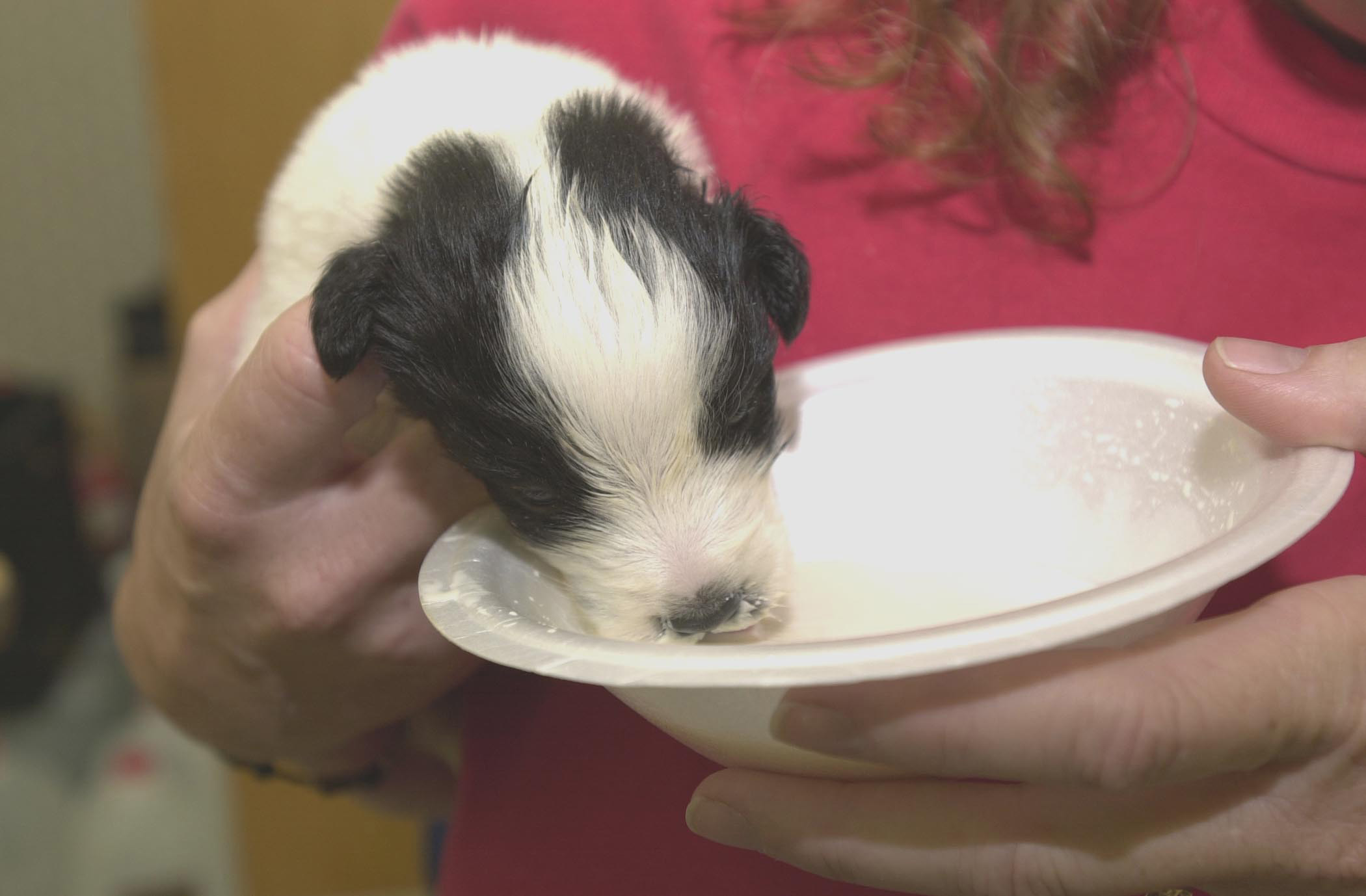
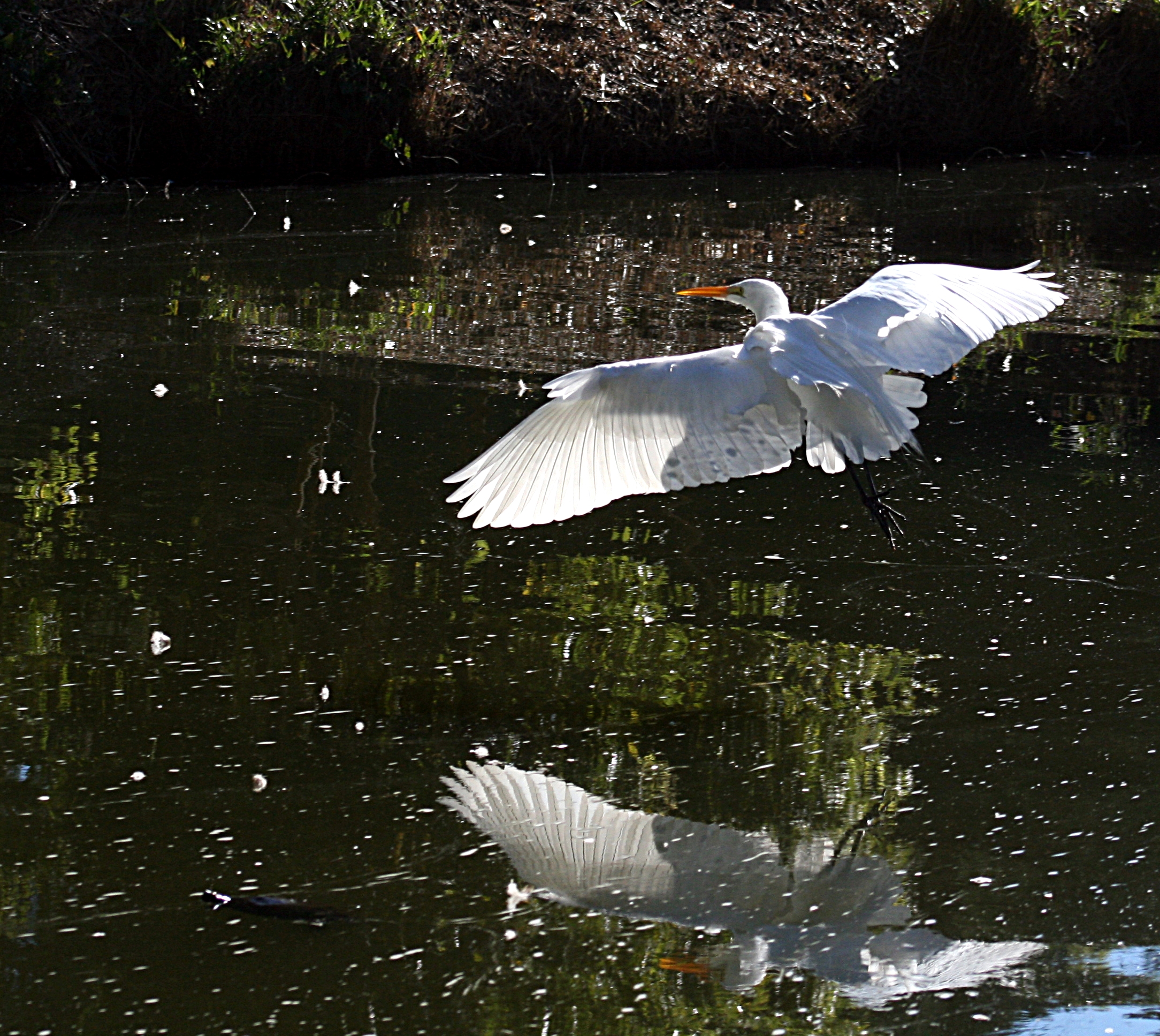


.jpg)
